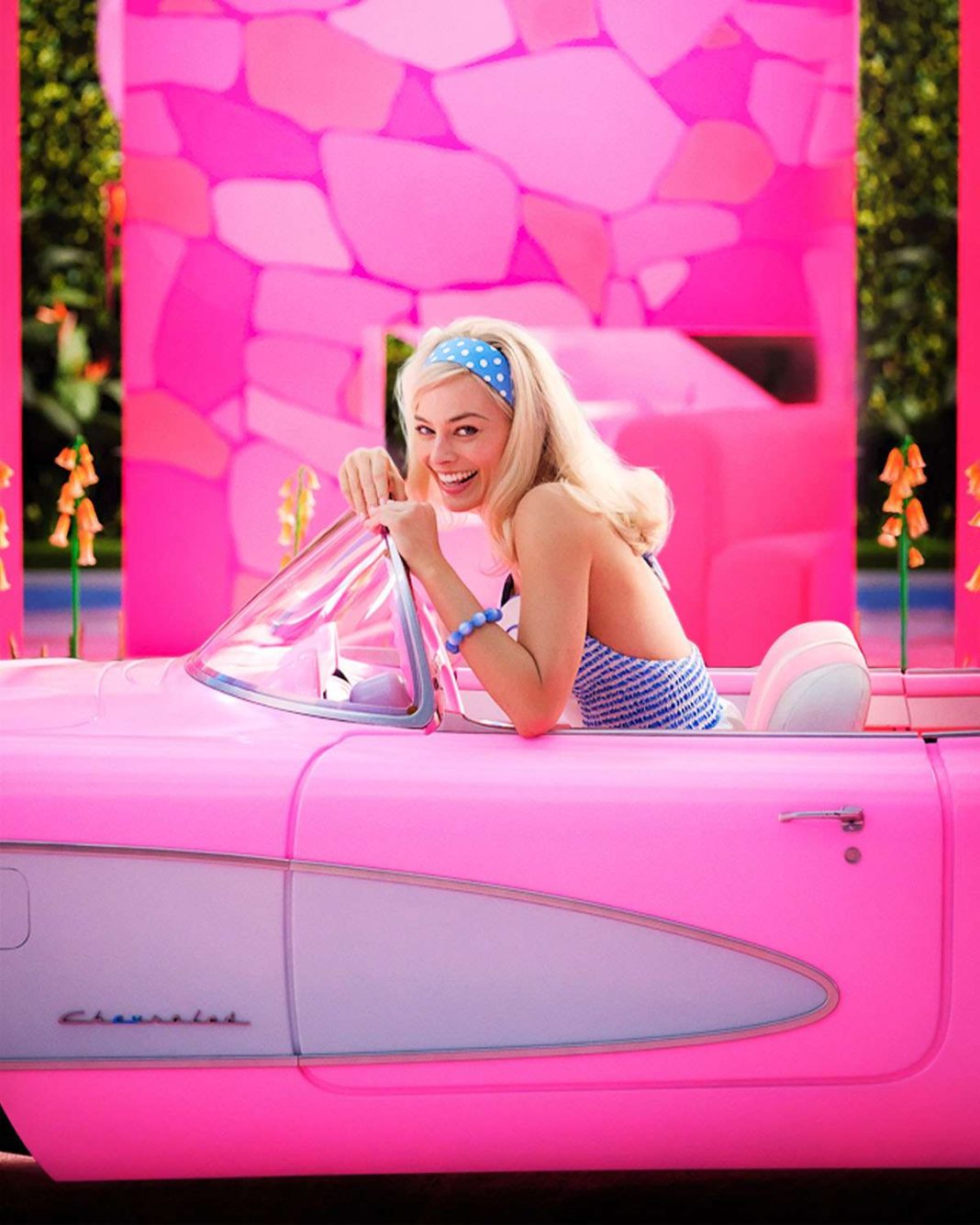Even if you haven’t seen it, chances are that you have heard of the “Barbie” movie. The film recently surpassed $1.4 billion in box office sales, making it the highest-grossing film of the year in North America. This is a substantial record, crowning director Greta Gerwig as the first woman to accomplish this feat. In fact, Mattel is so pleased with the success of the movie that they have already announced the development of fourteen new movies based around other popular toys from their brand.
The film centers around Barbie’s picturesque daily life in Barbie Land, as she interacts with her best friends—other Barbies—and as Ken pines after her attention. When Barbie begins to malfunction, she must venture into the real world. The implications of this journey include Barbie learning about the complexities of human emotions, which she has never experienced before. Through this, “Barbie” explores gender inequality and the struggles of women in the real world, which is a stark contrast to the reversed roles found in Barbie Land.
Rotten Tomatoes has awarded the film an 88% on their “Tomatometer,” and the response from audiences has been overwhelmingly positive. From women of all ages dressing in all pink to view the movie in theaters, to the thousands of social media posts of viewers sharing their favorite moments—most of which resoundingly seem to be lines from America Ferrera’s powerful speech about the contradictory expectations of women—viewers seem to connect with, appreciate, and admire Gerwig’s rendition of the popular Mattel doll.
However, the response has not been fully positive. One popular outlook deems the film “anti-men,” citing the characters’ dialogue on the female experience as too “woke.” Outspoken conservative media personality Ben Shapiro even went so far as to buy two Barbie dolls and burn them in a blistering 43-minute review posted to his YouTube channel. While the internet’s response to Shapiro’s views were deeply negative, his response raises a question: What is it about the “Barbie” movie that makes some people so angry?
Perhaps the answer has ironically revealed itself through the audience’s reaction to the film. Female viewers have withstood the vehement claims that the movie has overdramatized the female experience, with men standing behind these claims in fear that they may see their own role in the structures that obstruct the experiences of women. The answer to this question seems apparent: the movie makes some people angry because these people know that the ideas explored in it are true. Furthermore, these ideas that the “Barbie” movie tackles are universally experienced by every woman.
No matter what your views are on the implications of the movie, it is hard to deny that Margot Robbie and Ryan Gosling have delivered stunning performances, and Greta Gerwig has created a truly meaningful and incredible film.



